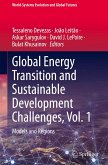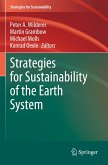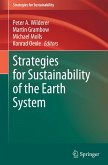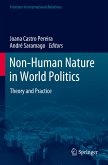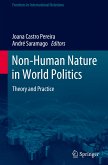Developing an original approach, this book examines how both nationalism and climate change threaten humankind with future catastrophes, arguing that humanity is on a fast track to a dystopian future unless significant changes are implemented. While the world warms, wars driven by nationalism may lead to worldwide devastation, with humankind being caught between two existential threats of its own creation. The author explains how both nationalism and climate change originate from human ingenuity and can only be answered by human cooperation.
While, in a perfect world, such problems already would have been solved by the United Nations, this isn't the case in reality. The book discusses how humanity's many peoples can cooperate to a degree necessary to retain mutual respect without war, in the interest of achieving long-term change which will use technology for mutual good, also "dodging the bullet" of climate change. Offering an outlook into a possible better world, the author also analyzes the massive changes required for everyone to face, discuss, and solve the problems at hand.
The book will appeal to students, scholars, and researchers of political science, international relations, and environmental sciences, as well as practitioners and a general audience interested in the study of nationalism, diplomacy, wars, and climate change.
While, in a perfect world, such problems already would have been solved by the United Nations, this isn't the case in reality. The book discusses how humanity's many peoples can cooperate to a degree necessary to retain mutual respect without war, in the interest of achieving long-term change which will use technology for mutual good, also "dodging the bullet" of climate change. Offering an outlook into a possible better world, the author also analyzes the massive changes required for everyone to face, discuss, and solve the problems at hand.
The book will appeal to students, scholars, and researchers of political science, international relations, and environmental sciences, as well as practitioners and a general audience interested in the study of nationalism, diplomacy, wars, and climate change.



